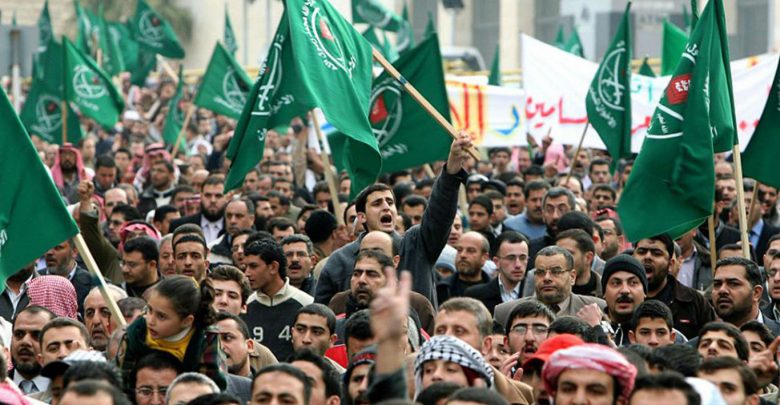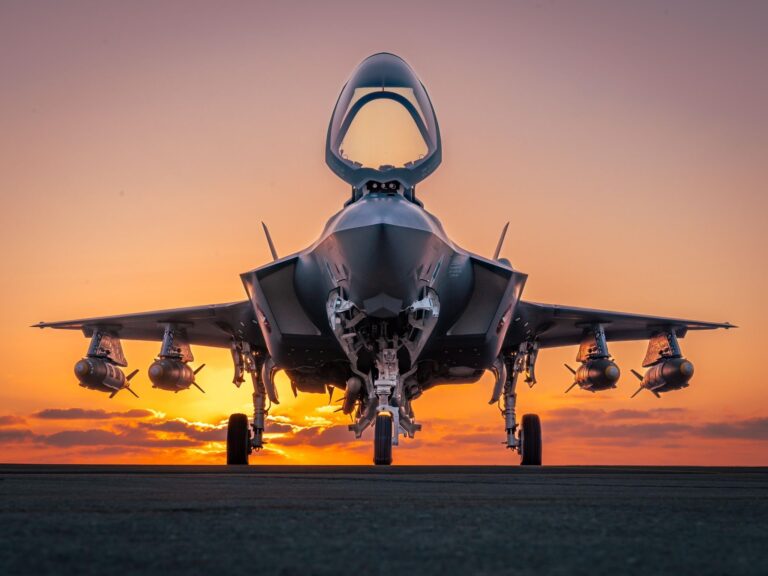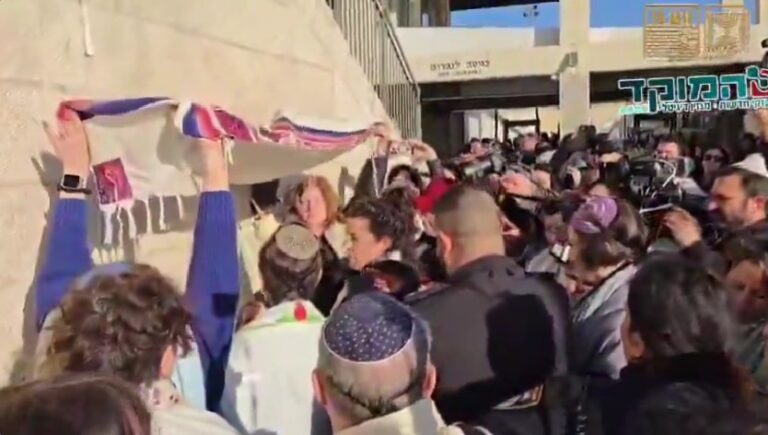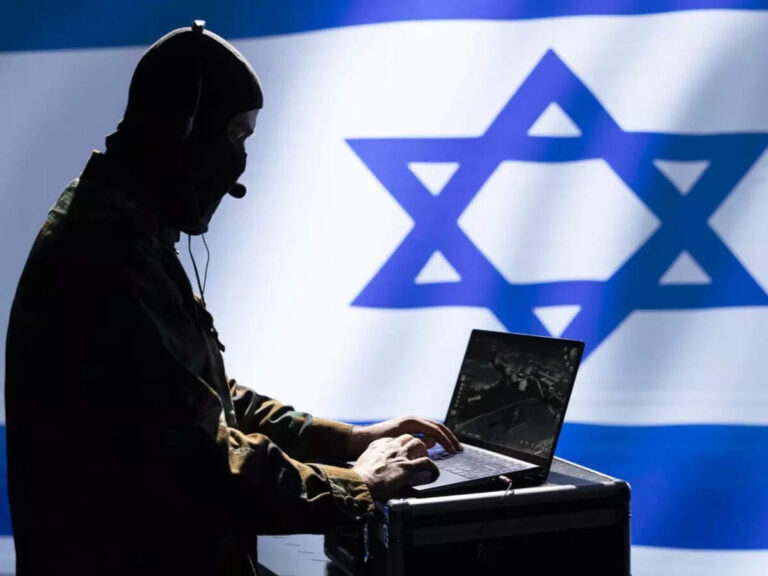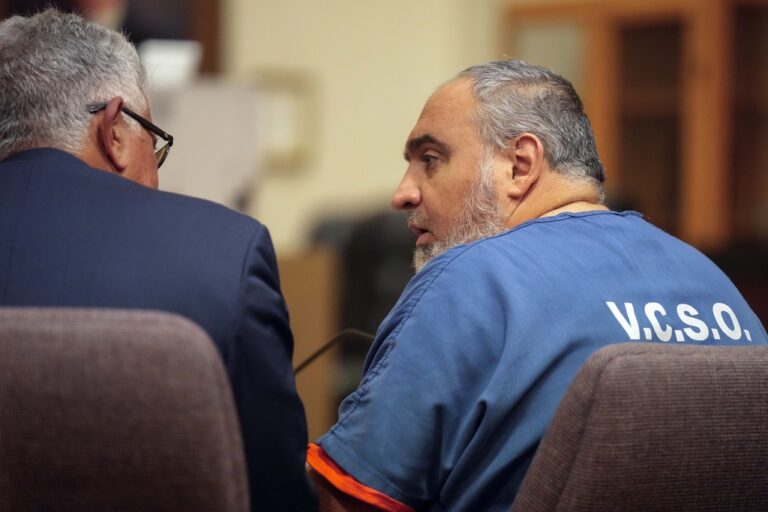President Donald Trump on Monday signed an executive order directing top national security officials to evaluate whether multiple chapters of the Muslim Brotherhood should be formally labeled as foreign terrorist organizations, a move that could open the door to sweeping sanctions against one of the most influential Islamist networks in the Middle East.
Under the order, Secretary of State Marco Rubio and Treasury Secretary Scott Bessent, working in consultation with Attorney General Pam Bondi and Director of National Intelligence Tulsi Gabbard, must deliver a joint assessment within 30 days. The review will focus on Brotherhood affiliates in Lebanon, Egypt, and Jordan. If the officials conclude that any of these chapters meet the legal threshold for designation, the secretaries will be required to impose sanctions within an additional 15 days, including asset freezes, criminal penalties for material support, and restrictions under federal counterterrorism statutes.
The White House argued that the process is justified by recent actions attributed to Brotherhood-linked factions in the region. A fact sheet released with the order alleged that Lebanon’s Muslim Brotherhood operatives helped Hamas, Hezbollah, and other militant groups launch rocket attacks on Israel following the October 7, 2023 massacre. The administration also cited intelligence that a senior Brotherhood figure in Egypt publicly encouraged violence against U.S.-aligned governments on the same day. Jordanian leaders, the statement asserted, have provided consistent and material support to Hamas’s military wing, amplifying threats to U.S. partners. According to the executive order, the Brotherhood has evolved from a political movement into a “transnational network” whose affiliates have “engaged in or supported violence and destabilization affecting U.S. interests.”
The directive revives an initiative that stalled during Trump’s first term, when internal debate over designating the whole organization ultimately derailed the effort. This time, the administration is adopting a narrower strategy that targets specific branches rather than the global organization, a shift intended to withstand diplomatic blowback while maintaining legal momentum.
The order mirrors growing bipartisan momentum on Capitol Hill. The Muslim Brotherhood Terrorist Designation Act of 2025 is advancing in the Senate under the leadership of Ted Cruz of Texas, with co-sponsors including Tom Cotton of Arkansas and Democrat John Fetterman of Pennsylvania. A House version is being pushed by Florida lawmakers Mario Díaz-Balart and Jared Moskowitz, and earlier legislation from Rep. Nancy Mace of South Carolina also called for formal designation.
Momentum has also emerged at the state level. On November 18, Texas Governor Greg Abbott declared the Muslim Brotherhood and the Council on American-Islamic Relations (CAIR) to be terrorist organizations under state law, banning land ownership by the groups and enabling state investigations. CAIR has condemned the move as discriminatory and unconstitutional.
The Muslim Brotherhood occupies a uniquely polarizing position on the global stage, functioning as a political party or civic organization in some countries, while others treat it as a terrorist threat. Egypt, Saudi Arabia, the United Arab Emirates, Bahrain, and Russia already classify the group as a terrorist entity. If the United States follows suit, Brotherhood chapters would join organizations such as ISIS, al-Qaeda, and Hezbollah on the Foreign Terrorist Organizations list, exposure that carries penalties of up to 20 years in prison for providing support.
(YWN World Headquarters – NYC)

